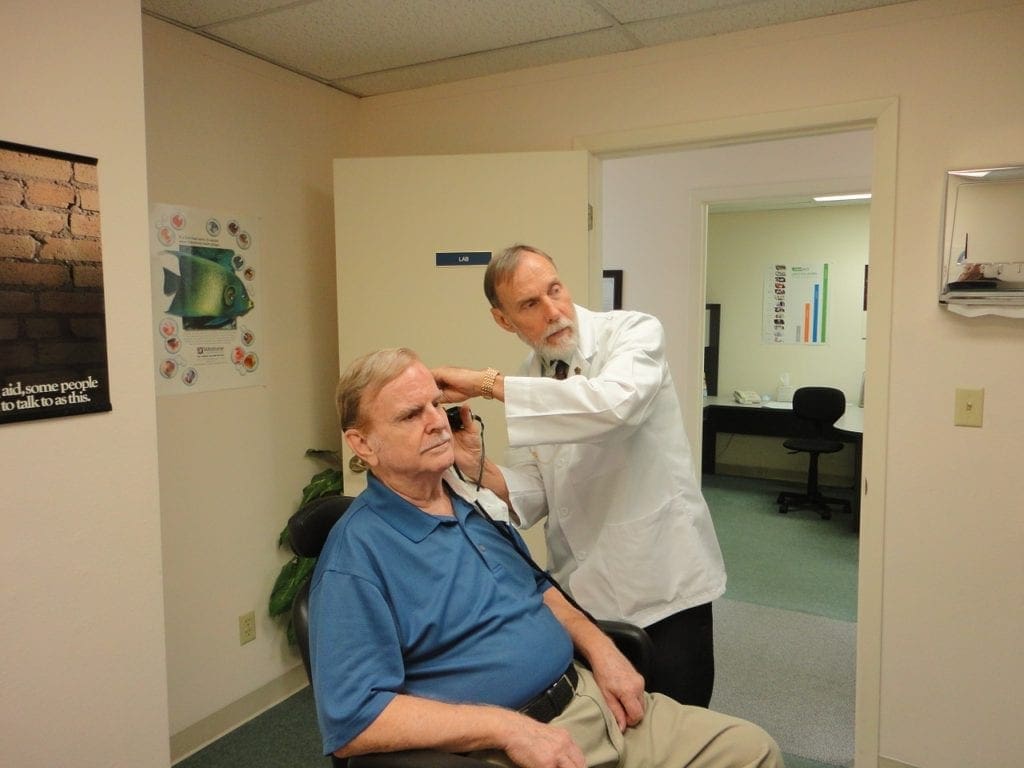In its never-ending search for control, government is now forcing hearing aid specialists to go through a series of tests before they can help people with hearing impairment find an aid that meets their needs.
Florida officials are forcing licensed hearing aid specialists to pass tests quizzing them on technology dating back to the 1950s before they can go back to their practices. The extensive load of tests is so burdensome that Dan Taylor, a hearing aid specialist in the Sunshine State, is suing.

In the lawsuit filed with the federal government, Taylor claimed that Florida’s hearing aid licensing requirements are illegitimate, citing the federal government’s own regulations to prove the state is overwhelming local specialists needlessly.
In 2016, the Food and Drug Administration (FDA) abolished rules that required hearing aid specialists pass comprehensive exams before being allowed to fit patients with devices. Now, federal rules state that patients must simply have a prescription from a doctor before heading to a specialist.
And in what appears to be a strange turn of events, the federal government is even urging states to remove the same type of requirements imposed in Florida, claiming they represent “a barrier to access with no substantial enhancement of patient safety.”
Oddly enough, the FDA is (partially) right on this one.
Top-Down Regulations Are Never The Answer
Regulations on health care have, over the decades, snowballed into a major crisis, making the cost of care prohibitive and impractical. While President Barack Obama’s Affordable Care Act tried to deal with the situation by creating more regulations and restrictions on both the insurance and health care industries, the reality is that the law simply helped to make care even less affordable.
What ACA and other past regulations have in common is that they create an artificially restricted supply of doctors and hospitals while also artificially increasing the demand for care by either putting people on Medicare and Medicaid or by requiring that more individuals purchase health insurance.
Unfortunately, this ongoing meddling with the U.S. healthcare industry dates back to the early 1900s, when medical special interests lobbied politicians to impose barriers to entry in the profession, effectively restricting the supply of physicians and hospitals over the decades.
If the FDA was serious about bringing an end to what the agency itself called “barrier[s] to access,” it would be lobbying for its closure and the end to the U.S. government’s involvement in our health care. Unfortunately, that’s not the case.
Until we have a real free market in health care, patients will continue to suffer, either because of poor care thanks to a lack of competition or because of the increasing costs also tied to government intervention.




















